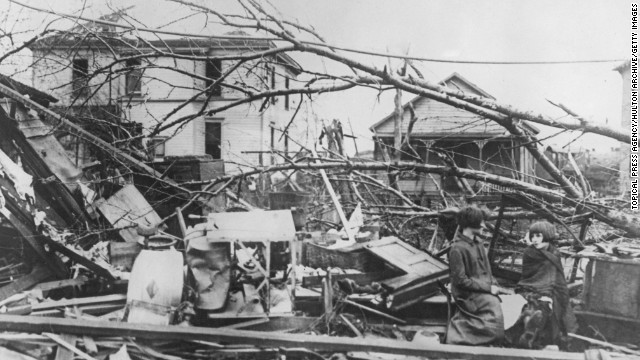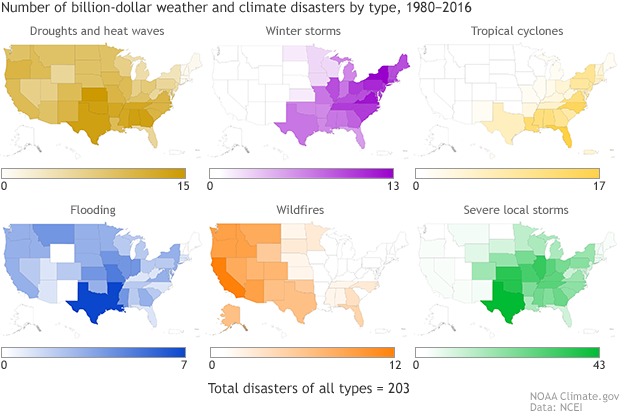Recovery After A Natural Disaster
Natural disasters like bushfires, floods, cyclones, drought and different traumatic ‘natural’ events square measure very difficult for the folks directly affected. the strain caused following a natural disaster will result in ‘burnout’ and physical, mental and emotional exhaustion. Some folks are ready to manage the strain except for others it's going to be tough to cope. most of the people eventually heal and recover and endure to make their lives.
THE IMPACTS OF A NATURAL DISASTER
- Feeling stressed, anxious, exhausted or confused
- Feeling unhappy, overpowered or angry
- Shock, feeling ‘numb’
- Uncertainty regarding the long run
- Feeling lonely, isolated or withdrawn
- Feeling unwell – headaches, problem sleeping, eating, weight loss/gain
- Resentment or blaming others
- Increased substance use
- Thoughts of suicide or self-harm
STRATEGIES TO HELP YOU COPE WITH A NATURAL DISASTER
Recovery takes time. It is important to allow yourself time to process your circumstances and regain a sense of normalcy. There are things you can do to heal and rebuild.
- Recognise when it’s getting too much - watch out for signs of stress and get extra support when things become overwhelming. Allow yourself extra time to get things done.
- Talk - release your emotions and tension by talking to someone you trust. This can help put things into perspective. It’s likely others in your community are experiencing similar feelings so this gives everyone an opportunity to release negative feelings and discuss practical ways to deal with the situation.
- Develop an action plan - decide who’s going to do what and when. Summarise your financial situation and discuss your options with your bank to alleviate the stress of any financial concerns. Having a plan will help you feel you are making progress.
- Take care of yourself - eat well, exercise and sleep. Try to get back to your normal routine when you feel ready. Wherever possible, schedule extra time for things you enjoy or that you find relaxing.
- Get help - lean on family and friends. Strong support networks can provide emotional or practical support. Explain your needs and tell them exactly how they can help. Make a list of places to go to for help e.g. financial assistance, emotional support, your GP a helpline Like Lifeline.
- Consider professional help - If you don’t feel some return to normal after four weeks, seek professional help (earlier if needed).
- Give your youngsters additional attention and support. allow them to apprehend they're not answerable for what went on.
- Acknowledge your own feelings regarding the case and let your youngsters apprehend it's alright to share their own feelings.
- Include your youngsters in plans for the long run.
- Try to revisit a traditional routine as quickly as doable. This provides a way of security.
- If you don’t see Associate in Nursing improvement in four weeks, or you’re involved obtain skilled facilitate (earlier if needed).
- Your GP
- Psychologist/Counsellor
- Kids Helpline
- For financial assistance contact: Salvation Army, St Vincent de Paul, Department of Human Services.






Comments
Post a Comment